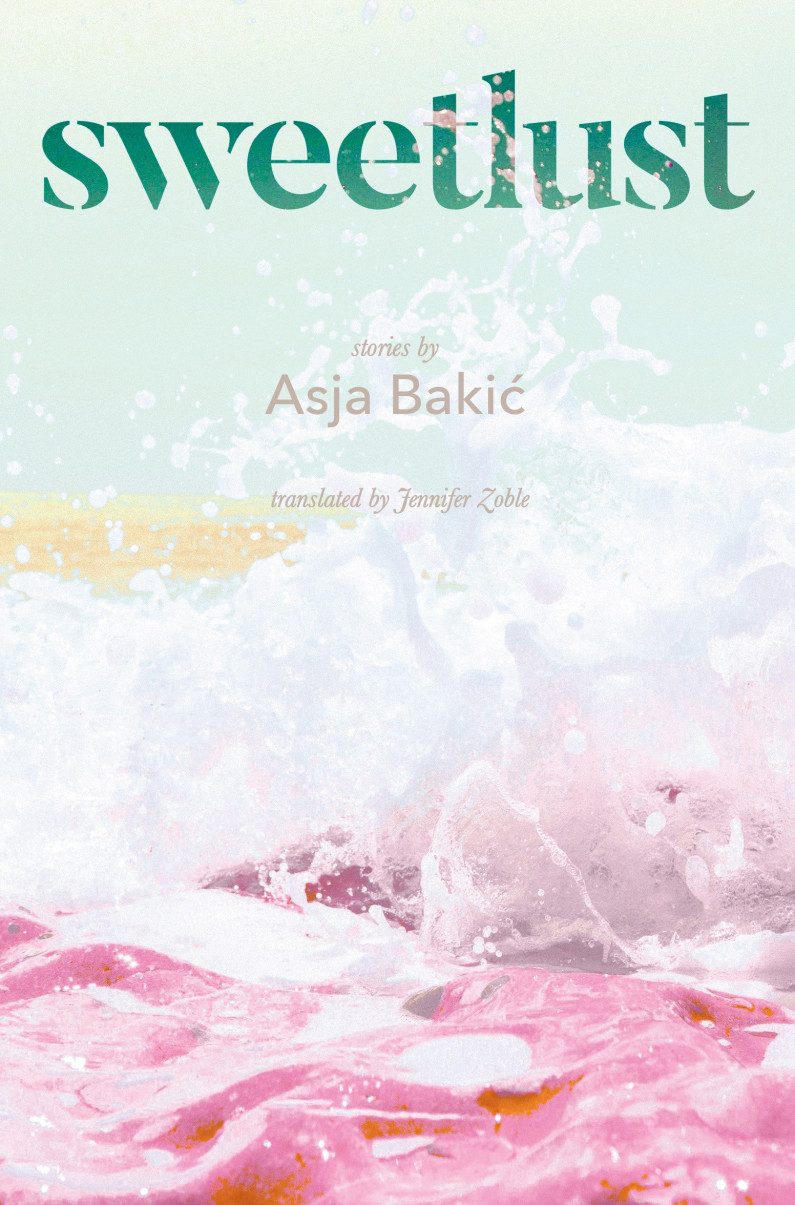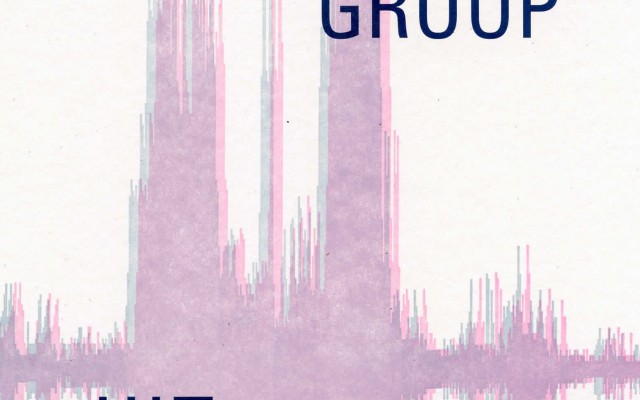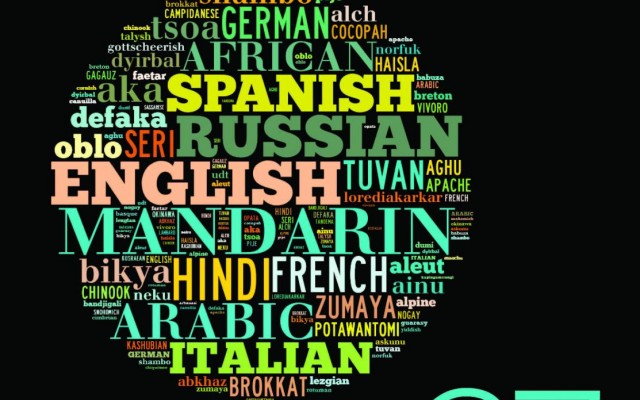Review: Sweetlust

Sweetlust cover
Sweetlust
By Asja Bakić, translated by Jennifer Zoble
The Feminist Press, 224 pp., $16.95 (paper)
Review by Amanda L. Andrei
If Asja Bakić’s Sweetlust were a dessert, it would be a jagged profiterole filled with semi-venomous cream, a sugar-dusted viand that bites you back, leaving you to crave more of its monstrous dream and tech dystopias, queer sex and power dynamics, and darkly self-aware humor. Brilliantly translated by Jennifer Zoble, these ten short stories sift through Balkan cultural memory and history while imparting sharp critiques of consumerism and unchecked longings. Sex, desire, and cravings always have consequences—often times in grotesque and hybrid ways—blending human, animal, spiritual, robotic, and artificial intelligence forms.
The collection opens with “1998,” when an unnamed sixteen-year-old protagonist takes a trip to summer camp at a lake. A mysterious medical emergency begins overtaking the girl campers, delving into the uncanny and violent without explicitly confronting the source of the social forces at bay. The next story, “Gretel,” catapults us into a world where men only exist as a virtual concept in a Mixed Reality government-sanctioned amusement park based in the city of Karlovac. Registered as a rehabilitation center, the titular park “Sweetlust” gives women sexually heightened experiences (wryly noted by the hacker protagonist as “conventionally heterosexual”), with a sinister cost to their humanity:
The park cooperated closely with Google and social media, and visitors were thoroughly profiled using data from their online searches, purchases, and TV and film viewing habits. But the personalization was a lie. The women were alienated from themselves and from the algorithm.
At the same time, the false pleasure sold to visitors destroyed Karlovac, transforming it into a witch’s house covered in chocolate and cake. Every woman who made a pilgrimage there was a Hansel to be fattened up, shoved into an oven, and devoured.
Intercourse, orgasm, and fantasy attached to these physical acts serve as potent motifs not only in the frothy amusements of Sweetlust, but throughout the other stories’ unsettling situations as well. In “Blindness,” the narrator loses their sight the same day they masturbate near a crucifix. When patriarchal institutions of all the region’s faiths—and even the religious superstitions of women healers—leave the narrator in the same state, they seek out a more unconventional, sacrificial cure. The next story, “Fellow’s Gully,” a slow burn adaptation of a classical myth, observes the (often taboo) relationships between death and eroticism, weakness and love. The speaker, upon realizing they may lose their spouse, takes note: “He looked awful, as if at death’s door. I gazed at him, and after weeks of having no libido at all, I was seized by arousal. As if my descent into the underworld had revived my desire.”
Switching from myth to time travel in “1740,” a scientist narrator works with a team on a time machine in order to escape floods and pollution in their homeland. Like the other stories’ narrators, this one is just as disillusioned with life and aware of their own atrophy within a failing political and ecological environment. Their cynical jabs highlight the self-aware fatalism of their character: “Once in a while I go to the city to buy supplies, but then I quickly retreat home, to continue wasting my life with literature as much as I possibly can.” The dark humor spares no one, with the next story “Mama” immediately starting with, “It’s wrong to take one’s mother from behind” and leading us into a vision of tangled, fraught kinship and spiritual relations between parent, child, and forces beyond their control.
At this point, I must note that “Mama,” the shortest story in the collection at eight pages, features some incredibly disturbing scenes, as, for example, when the protagonist fantasizes about mommy-as-monster, questions his paternal lineage, and turns violent against his mother. It’s easy to gloss over this story as a creepy fable, but it points to deeper cultural memory and traumatic incidents embedded in the region’s history. It provides one of the starkest views into Balkan relations I’ve ever seen, depicting the region more emotionally than any history textbook or newspaper ever could.
Western nations often mark the Balkans with an unsavory reputation, one of instability and perpetual conflict. The term “to balkanize” arose in the mid-1910s, and the Oxford English Dictionary defines it as “to divide (a region) into a number of smaller, often mutually hostile, political or territorial units,” with additional synonyms of “to fragment” or “be divided.” Centuries of imperialism under various empires—Ottoman, Hungarian, Byzantine, Roman— continuously denied the peoples of these lands autonomy, and they were constantly coerced to follow different patriarchal religious and cultural systems. In her article “Crossing the River Drina: Bosnian Rape Camps, Turkish Impalement, and Serb Cultural Memory,” Dr. Lynda E. Boose describes the groundwork for the regional atrocities in the 1990s as a phenomenon in which, “[w]hen taken to the extremes of collective cultural denial, the vision of the nation/self as involved in an ongoing epic struggle to retain its heroic uniqueness—inevitably constructed around fantasies of racial purity—is what allows a people to reach such euphoric heights of nationalist paranoia that it can imagine it necessary to ‘ethnically cleanse’ a land of its ‘others’ when the others are, in reality, ancestrally identical to the cleansers.” One might imagine, then, how gender relations could become warped under the duress of bloody conquest, how resentment against empire might simmer over centuries and eventually boil over into madness.
Out of all the stories, “Mama” most succinctly demonstrates this boiling over, on an individual level that hearkens to collective cultural denial, unhealed wounds inflicted by faceless forces, and the desire for a triumphant narrative. As a result, the tangled and self-hating kinship relations, conflation of brutality and arousal as a weapon, and confusion over identity all erupts into horror over one’s origins. It leaves the reader wondering how such a character and such a family—and to further extrapolate, such a nation and region—can go on after the truth reveals itself.
But they do go on. The piercing beauty of Bakić’s work is that this story is placed in the middle of the collection: as disturbing as the story and what it represents are, they have been carefully placed in relation to several other stories of future, past, technology, myth, and most critically, femmes taking their power into their own hands to shape their own narratives. In effect, the stories disturb and complicate the very notions of the Balkan and balkanization. Facile stereotypes of the region, which misunderstand it by overreliance on an image of hostile or retrogressive fragments, give way to a more detailed, femme-driven world, revealed through characters that are devastatingly clever, unconventionally passionate, and keenly observant of corruption on public and private levels.
After “Mama” is “The Abduction,” a satire of the writer’s life where a humanoid writer takes up residency on the space station resort Bitter Sun, where their writing is blurred between story and advertisement—a situation which resonates with writers who need to “sell their work” or “grow a platform” (how nice if all our platforms could be space stations with beaches). The protagonist reflects, “I wrote nonstop; every thought had to be commodified, every piece of food typed out. […] During sleep our other motor skills would shut down to prevent sleepwalking, but our hands would continue their nocturnal life without us. They didn’t really belong to us anymore.”
“MCSB” switches up perspectives, placing us into a character who longs for their brother-in-law and shifts into a dream world of uncontrollable longings that appear to become embodied. The penultimate story, “Dorica Kastra,” moves into the world of a polycule who recently added a new spouse to their family—but the spouse upsets the order of longing and sex in their world. This story provides a fascinating post-communist riff on state involvement in marriage and family, where surveillance becomes official currency and crying takes the place of coming in intimate relationships, with disruptive consequences. The final story, “The Sorrows of Young Lotte,” is a hilariously mocking take on Johann Wolfgang Goethe 1774 novel The Sorrows of Young Werther from the perspective of Charlotte, the love interest of the melodramatic young artist Werther. Charlotte has no patience for the antics of this man, noting that “women aren’t cold compresses, we’re icy whirlwinds that ignite fevers.”
Zoble’s translation conveys the momentum of heartache, rage, and irreverence of Balkan spirit, adeptly giving characters clear, distinct voices. They come together to form a haunting, devious chorus, as they take care to ridicule themselves as much as they do their worlds. It’s delightful to see diacritics sprinkled throughout the text, reminding the reader of the intricacies of Slavic sounds embedded in the letters. Her pun on souls/soils in “Fellow’s Gully” seamlessly brings into English the bureaucracy of communist and monarchic laws, how even within the fragments of legal contracts, ghosts emerge. Furthermore, the description of “rakija” in the story “1740” is particularly masterful and effective, and the reader can easily piece together what this cultural artifact is, while it’s allowed to revel in the full force of its Bosnian name.
Throughout these ten short stories, Asja Bakić and Jennifer Zoble deftly render unspeakable histories into words. The speculative images reach deeply into the imagination to conjure up our fears and desires for the monstrous and profane, while also destabilizing external and internal political stereotypes of the region through a feminist lens. Sweetlust crafts them into the irresistible and the delectable, all while leaving us to probe our relationships with our own lineages, futures, and appetites.
_
Amanda L. Andrei is a playwright, literary translator, theater critic, and community archivist residing in Los Angeles by way of Virginia/Washington DC. She writes epic, irreverent plays that center the concealed, wounded places of history and societies from the perspectives of diasporic Filipina women, and she co-translates from Romanian to English with her father, Codin Andrei. To stay in touch, visit www.amandalandrei.com

